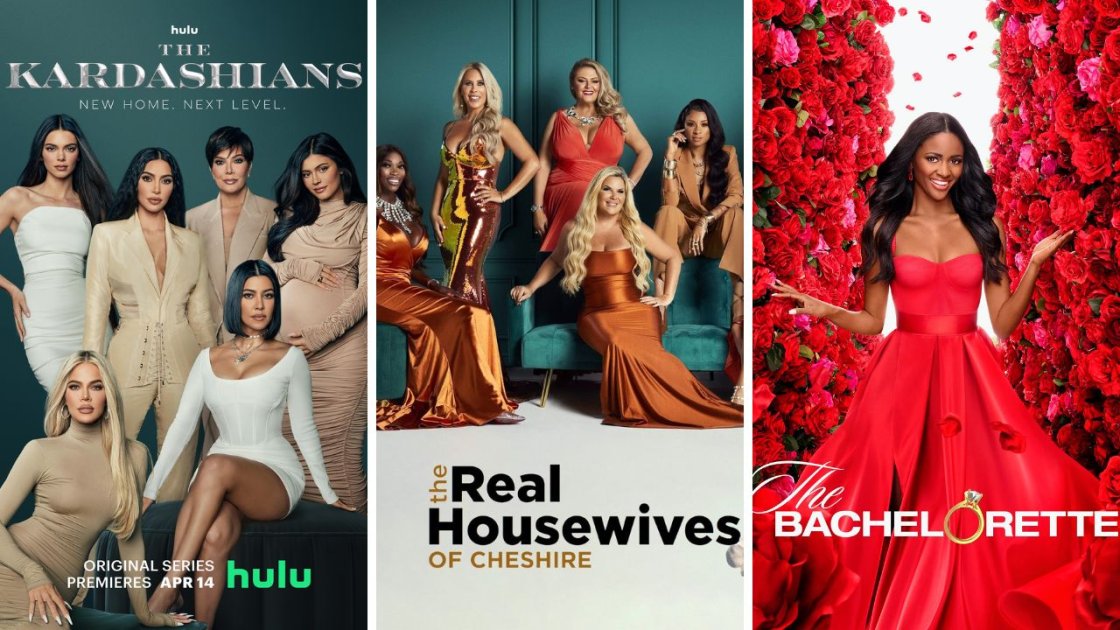Reality TV Overview

Some people may have never been a fan of Reality television, including never jumped on the Keeping Up With the Kardashians bandwagon, never cared about the Real Housewives of anywhere and could not tell the first thing about anyone, ever, from The Bachelor or Bachelorette franchises. Their aversion to this type of content stems from a few things, such as that they were vehemently opposed to taking valuable space and air time from legitimate content creators, performers, and screenwriters in favor of people desperate for a few extra Instagram followers and their 15 minutes of fame. Another reason is that they can not stand the type of needless conflict these shows often promote, encouraging people to hold onto the most inconsequential of infractions for the sake of a storyline.
The Emotional Reality TV Impact
Recently, the current season of Married at First Sight was so popular when it was just a bunch of people squabbling with each other interspersed with infrequent moments of manufactured marital bliss. Could it be that fans of the show actually enjoy the drama? According to Dr Tobias-Web, a behavioral scientist, who has a PhD from the University of Cambridge, people can become obsessed with drama not only because it is emotional and exciting but it can also give people a sense of meaning. This might explain why so many MAFS viewers spend so much time complaining about the show and its participants, yet refuse and are unable to stop watching.
Also Read: Survivor's Best Top 3 Fan Favourite Contestants Of All Time
Comparing Real Life And Reality TV

Apparently, it goes even deeper than the initial neurochemical response and veers into schadenfreude territory as reality television audiences can sometimes be drawn to the drama as it makes their own lives feel less chaotic by comparison. Dr Tobias-Webb said that a 2014 research article found that people watch television shows to simultaneously make comparisons with the people on the shows and to feel better about themselves and their personal circumstances. A relationship educator, named Joey Garcia, also said that for some people, these comparisons can bleed into their own real-life relationships. As a relationship advice columnist, she has received letters from young men who say their girlfriends unconsciously act out behavior they have seen on a reality TV show.
Reality TV Pushes Social Boundaries
In the Social Comparison Theory which postulates that humans have a drive to evaluate their opinions and abilities, prompting people to compare their faculties, feelings and anticipated responses to those of the TV star. Joey Garcia as a relationship educator also argues that there are some sociological benefits to the drama and chaos of reality television as it assists us in figuring out our place in the world and said that people also relish the feeling of peeping in on other people’s lives like a fly on the wall.
Not only that, reality TV also pushes socially acceptable boundaries. While talking about the life-determining decisions that reality show characters make, people discover what others in their social circle really think, where social boundaries are set and how to navigate those lines. To that end, some of the drama on the current season of Married at First Sight has veered into extremely volatile territory, with thousands of viewers uniting in their disgust at the behavior of groom Bryce Ruthven, going so far as to circulate a petition demanding an apology from Channel 9 for giving him a platform.
Also Read: RHONY: Ubah Had 'Angry Black Woman' Story As Erin Says She Is 'Scared To Be Friends